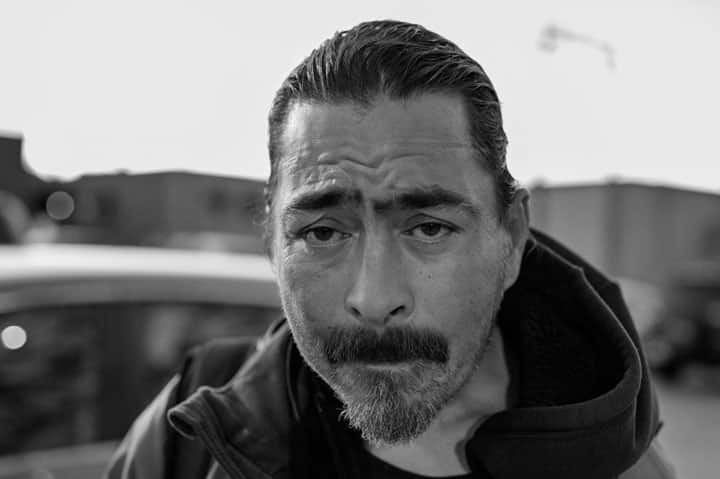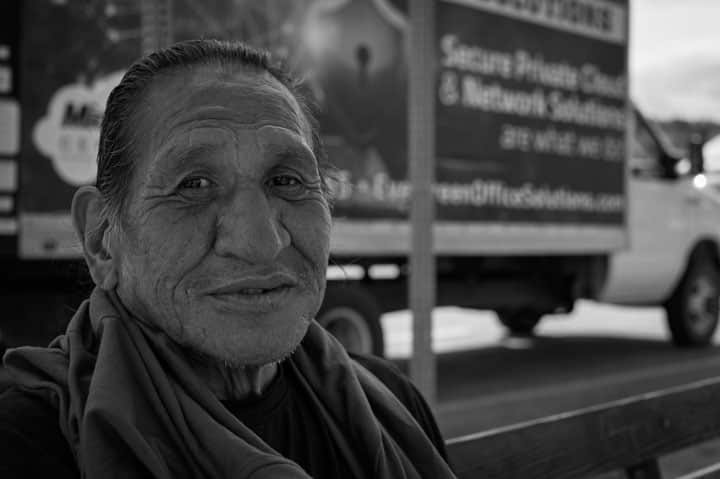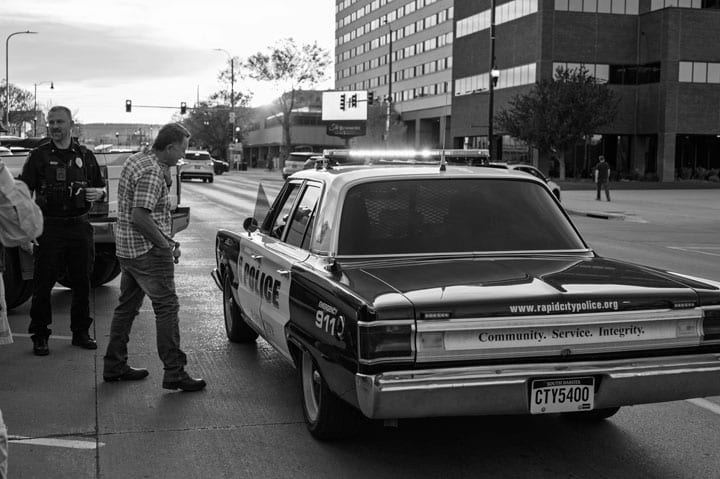Breaking the Illusion: Yardmasters Are One of Us
In the world of railroad operations, the Yardmaster often sits in a tower (literally and figuratively) watching cameras, monitoring screens, and coordinating the complex movements of crews and equipment. From this perch, it’s easy to see why some Conductors and Engineers view Yardmasters as a form of quasi-management. After all, they’re the ones giving instructions, following up on job progress (where are you on your lists), and relaying directives from above. But this perception, while understandable, is fundamentally flawed.
It’s time we had a frank conversation about who our Yardmasters really are, and what we stand to lose if we fail to support them.
The Front Line of Protection, Not Opposition
Yes, Yardmasters talk to management. Yes, they give us orders. But so do Dispatchers, and nobody thinks they’re trying to get us fired. The truth is, when the Yardmaster is a fellow SMART-TD member, they serve as a critical buffer between us and management. They understand our jobs because they’ve done them. They know the terrain: every track, switch, and curve, because they’ve worked it.
Many of our Yardmaster brothers and sisters see themselves as the last line of defense, the protective barrier shielding crews from unrealistic expectations, poorly planned directives, and the disciplinary traps that can accompany both. They’re not looking to trip us up, they’re trying to keep things running smoothly while keeping us out of the crosshairs.
The Danger of Losing the Tower
Just ask some of our brothers and sisters on Union Pacific, where the railroad has begun replacing union-represented Yardmasters with managers. Instead of a fellow union member handing out assignments and coordinating moves, now it’s someone who may also be conducting your next observation test. No need for surprise O-Tests or hiding in the bushes when managers can literally sit in the tower, watch your every move, and write you up in comfort.
Even more alarming is the reliance on new software like the Yard Planner tool. This is an algorithm-driven system that assigns crews, builds trains, and issues time windows using raw data instead of experience and common sense. It operates like PTC for Yardmasters and takes their skills out of the equation. The result? Choked yards, confused crews, and operational failures that could’ve been avoided if a human being/SMART-TD brother/sister with real railroad experience had been in charge.
Yardmasters Are Feeling the Crunch, Too
Let’s not forget: our Yardmasters are also feeling the squeeze of Precision Scheduled Railroading (PSR). The same “do more with less” pressure that’s hitting Conductors and Engineers is bearing down on them. In many cases, one Yardmaster is now responsible for coordinating traffic in multiple yards, sometimes across multiple states, all from a single remote screen.
Just like every other aspect of rail labor, under PSR, Yardmasters have seen their list of responsibilities get higher than the grocery bill while their support systems shrink. These brothers and sisters are coordinating the tracks and clearing routes in multiple locations, answering more radio channels full of questions than the industry has ever expected of them, and all the while they are serving as our RCO brothers’ keeper; monitoring the man down function for every foreman and switchman on their room full of screens.
Add to that the increasing reliance on Yardmasters to back up and coach Remote Control Operations (RCO) crews, often becoming, by necessity, the second member of the crew. They’re consistently helping solve work puzzles that would normally be a job shared between conductor and engineer, bridging that gap in real time over the radio. These individual issues might be minor in the moment, but these pressures build up day after day.
Yardmasters have Fewer Protections
Let’s also talk about the fact that Yardmaster jobs themselves are disappearing. As railroads consolidate and eliminate these roles, the remaining Yardmasters are stretched thinner than ever. When they need time off, there are often no reserves to cover their jobs, leading to burnout and excessive fatigue. And unlike T&E crew members, most Yardmasters are working without the same Hours of Service protections. So, while you may only deal with them for 30 minutes during your shift, that Yardmaster may already be 15 or 16 hours into a high-stakes, high-pressure day.
In some locations, the Yardmaster could likely have worked seven consecutive days without an assigned day off. There is no limit to how many days in a row an extra board yardmaster can work on some properties. So, while they may seem grumpy or looking to take their frustrations out on our union brothers and sisters, it more than likely is pure exhaustion driving their mindset and they are working on autopilot.
This isn’t just a logistical issue. It’s a mental health issue. It’s a safety issue. We can’t afford to make it a solidarity issue on top of it.
The stress is real, and the margin for error is shrinking fast.
These aren’t management roles, they’re frontline roles with massive responsibility and little room for failure. And yet, Yardmasters are still doing everything they can to make sure their fellow union members get their work done safely, efficiently, and with minimal interference from upstairs.
A Team Game: Yardmasters as the Offensive Line
Think of a railroad crew like a football team. Conductors and Engineers are the quarterbacks and running backs, moving the ball and making plays. But the Yardmasters? They’re the offensive line. They block for us. They keep the pressure off. They give us the space and time to do our jobs safely and correctly.
Without that line of defense, we’re wide open to direct hits from management or, worse yet, subject to the play calls of an automated system like the Yard Planner that doesn’t understand the work we do. If we don’t support our Yardmasters, we may soon be reminiscing about the “good old days” when we could walk into a tower, have a conversation, and be treated with respect instead of suspicion.
One Union, One Team
It’s time to stop seeing Yardmasters as the opposition and start treating them like the allies they are. We’re all SMART-TD. We’re all rail labor. And the more we act like a unified team, the stronger we’ll be in the face of growing technological and managerial pressure.
Let’s appreciate our Yardmasters. Let’s support them. And let’s stand together, because unity isn’t just a slogan. It’s our best defense.









